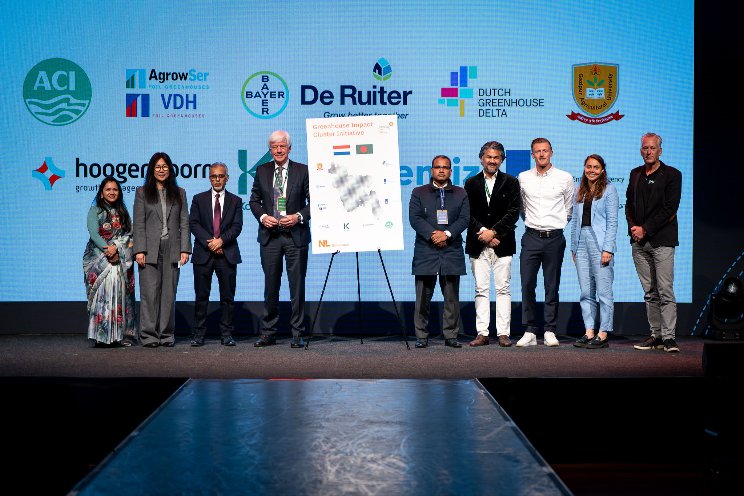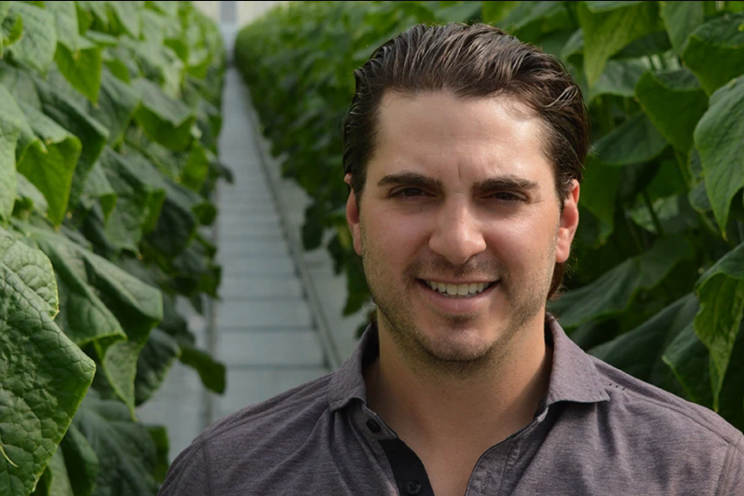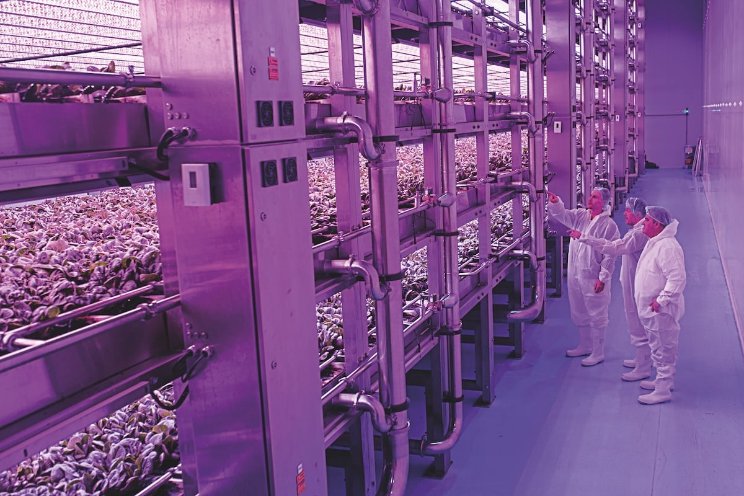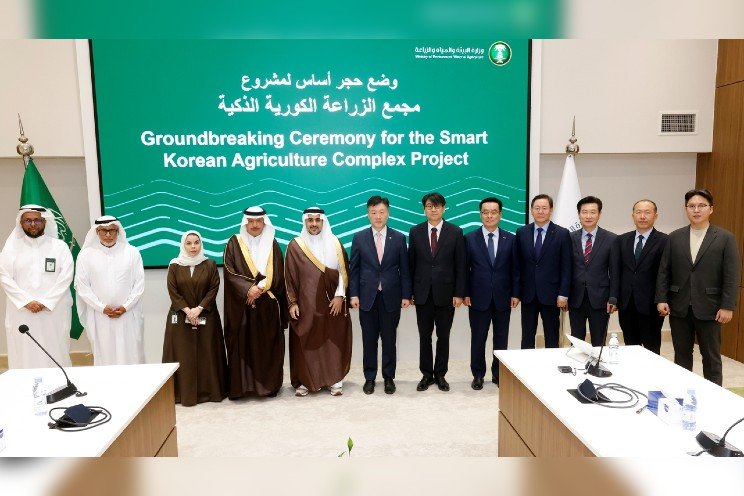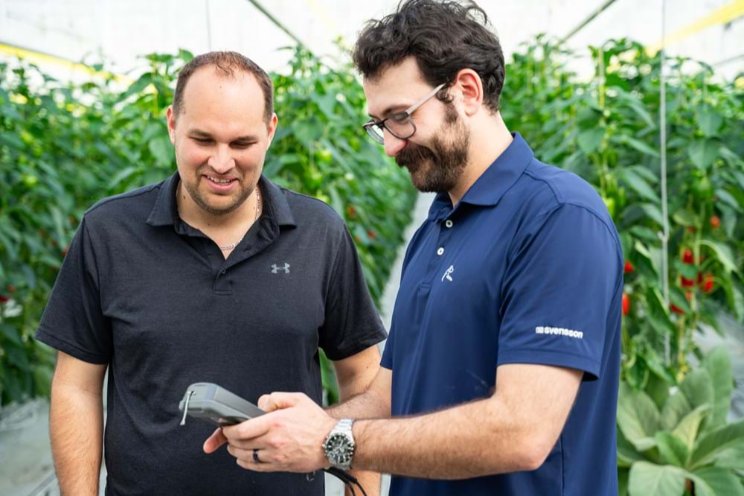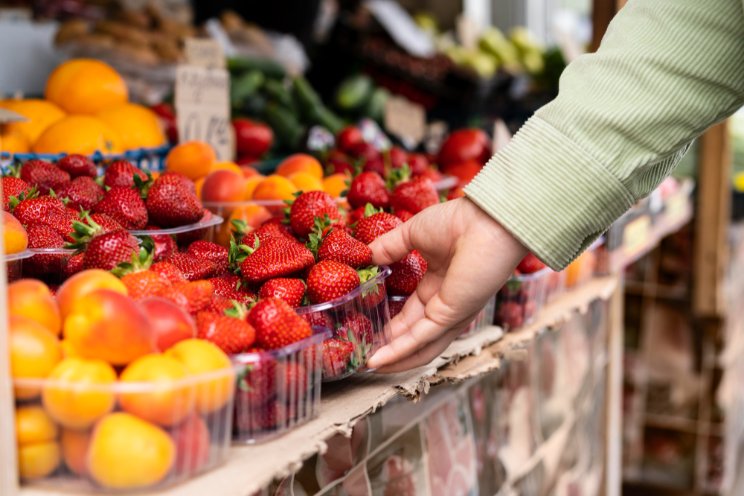Moren than $150M spent to become self-sufficient
Added on 07 May 2021

Staple Theory is a weekly look at Canada's resource economy and the forces that shape it. Read it first in the FP Economy newsletter.
Quebec Premier François Legault, who earned a master's degree in business administration and co-founded Transat A.T. Inc. before entering politics, is about to test one of the most cherished commandments of economics.
David Ricardo (1772-1823) popularized the idea at the core of all trade agreements: comparative advantage. Ricardo observed that it was ridiculous for England to produce wine when plentiful Portuguese vintages were both cheaper and better. Conversely, Portugal had no business making its own cloth, since its textile industry was no match for Britain's cotton spinners. Everyone would be better off if England imported its wine from Portugal, and if Portugal obtained its cotton from England.
It took some time, but eventually politicians saw the wisdom of Ricardo's teachings. It helped that attempts to defy the rule of comparative advantage tend to go badly: the Newfoundland government's embarrassing attempt in the late 1980s to become self-sufficient in cucumbers, for example. Free-trade agreements replaced tariff walls, culminating in China's addition to the World Trade Organization in 2001.
Ricardo wouldn't like many of the current trends in trade. Protectionism is back, thanks to the Great Recession and Donald "Tariff Man" Trump's four years in the White House. Now, the COVID-19 crisis has some policymakers thinking that an inefficient textile industry might be better than no textile industry if the country with the comparative advantage in the making of masks and medical gowns refuses to send you any at the outset of deadly pandemic.
Photo: A worker harvests strawberries at the Ferme d'hiver vertical farm in Brossard, Quebec, Canada, on Wednesday, Jan. 6, 2021. PHOTO BY CHRISTINNE MUSCHI/BLOOMBERG
Source: The Londoner
Source: The Londoner
More news
